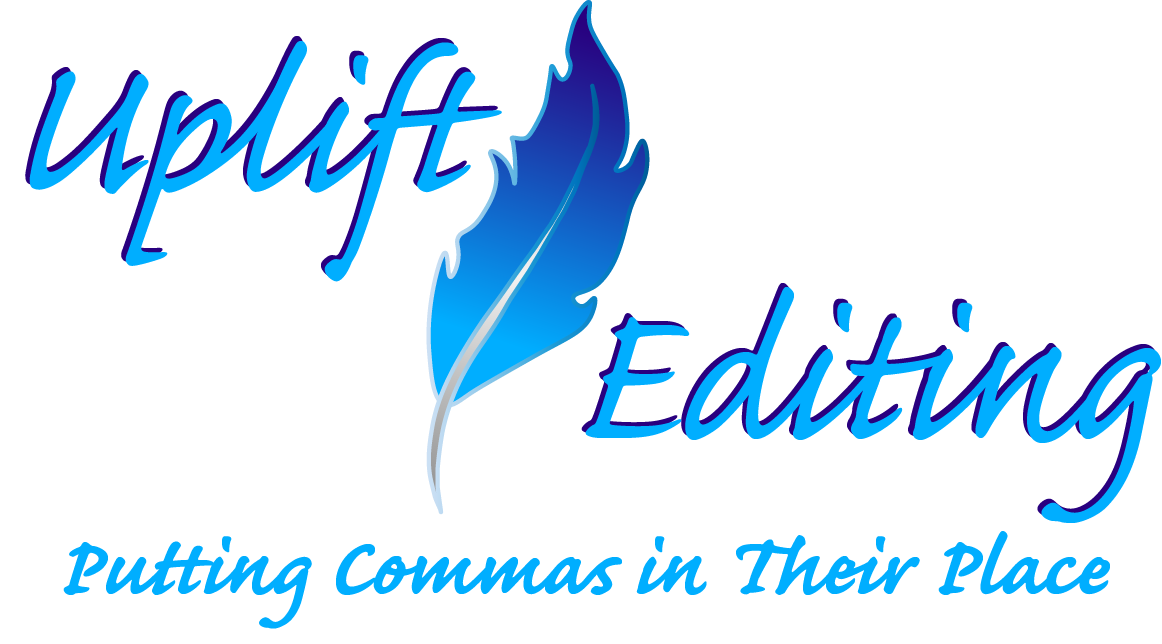The Verbosity Atrocity
Don’t: Confuse long, complicated writing with good writing
You’ve been taught to believe that short sentences are childish,
Merely a first step toward writing longer sentences.
You’d like to think your education has carried you well past short sentences.
But you’ve been delivered into a wilderness of false assumptions and bad habits,
A desert of jargon and weak constructions, a land of linguistic barbarism,
A place where it’s nearly impossible to write with clarity or directness,
Without clichés or meaningless phrases.
True, you can sound quite grown-up, quite authoritative, in the manner of college professors and journalists and experts in every field.
(You may be a college professor, a journalist, or an expert in some field.)
How well do they write?
How much do you enjoy reading them?1
Verbosity equals bad writing. Page requirements in schools exist for several legitimate reasons, but they have unfortunately taught generations of students to write poorly. Many more students struggle to meet the minimum page requirements than struggle to meet the maximum. But instead of encouraging further research and better content, these minimum requirements often teach students that formal writing means adding as much worthless fluff as possible. The system punishes students who write concisely, but that is precisely how you should write.
Do: Write only as much as necessary to clearly explain and support your message
Dictionary.com defines academese, the long-winded language of academics, as “pedantic, pretentious, and often confusing academic jargon.” “Pedantic,” “pretentious,” and “confusing” are not words associated with quality writing. Less is more. Professional writing should focus on communicating a message, and verbosity only hinders communication. As you edit your writing, look for ways to tighten up every sentence and every paragraph. Remove ideas that do not contribute to the main point. Replace long, complicated terminology with short, simple words.
Remember that you are writing not for yourself but for your readers. How much will they enjoy reading your writing?
To stay up to date with new content, follow Uplift Editing on Twitter.
- Verlyn Klinkenborg, Several Short Sentences about Writing (New York: Vintage Books, 2012), 5.
